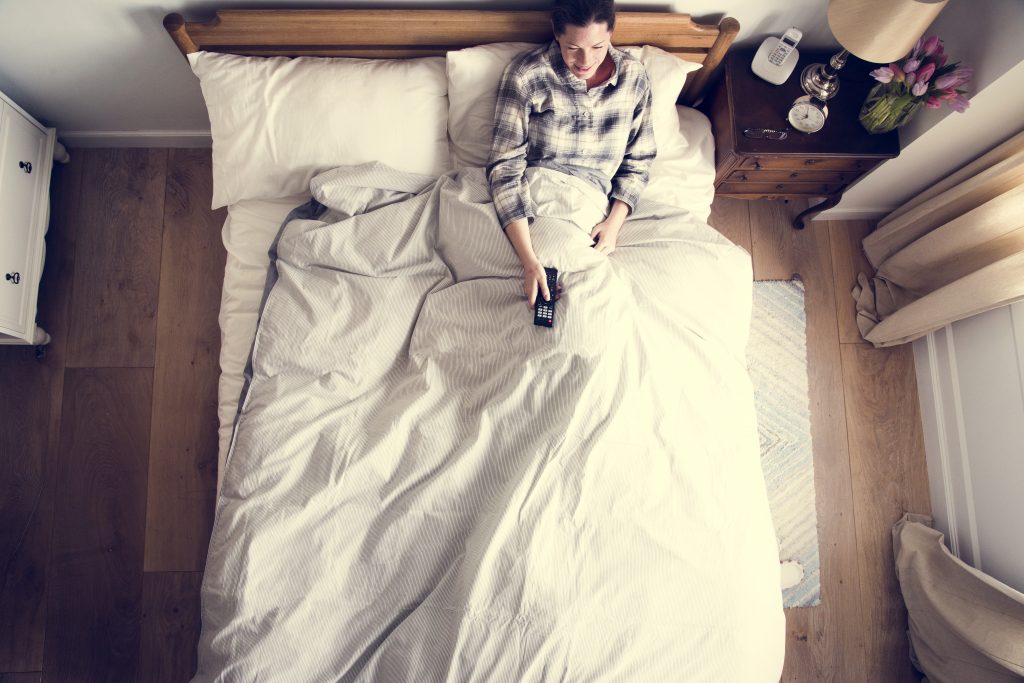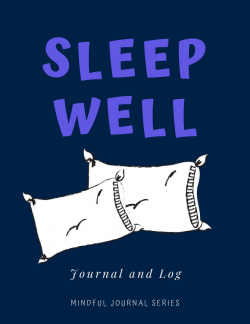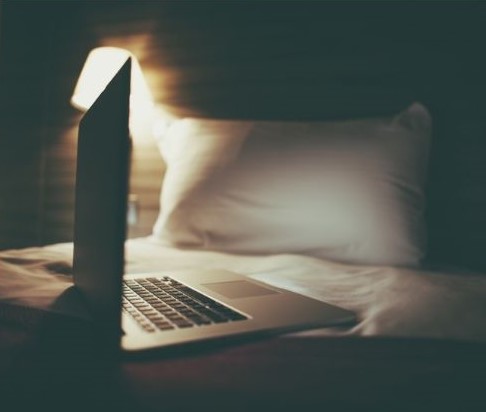Does less Digital Mean More Sleep for You?
The key is knowing yourself to understand what will work for you long term. And if you don’t yet, now is the time! Let’s look at one change and how it may help you.
Screen time has been bandied about in the news as having a major effect on sleep habits. There have been many scientific studies done that look at the way staring at our screens affects our brains as adults. Links to these are included in the resources section.
There may be some differences in what affects a child’s brain versus the adult brain. For this article, we’ll focus on adults.
You’ve possibly read or heard it before: Don’t look at your phones, laptops, tablets, or computer at least two hours prior to bedtime. Why?

According to Salk Institute, there are multiple possibilities including:
– the light the gadget emits affecting circadian rhythms – your body’s natural rhythm based on exposure to daylight.
– your brain experiencing high levels of activity and not being able to settle down;
– and waking you up once you are asleep.
So, for that healthful rest, consider removing devices from the bedroom and limiting screen time in the hours prior to going to bed. What to do instead?
Read a book, meditate, relax, or journal to put an end to the day. But also, don’t be afraid to let yourself unwind gently and without filling in every moment up to the time you drift off to sleep.
And if you are ready for better sleep, pick up a copy of the Sleep Sweet Log and Journal HERE or the worksheet HERE

resources to check out
Studies on children: University of Oxford. “Children’s sleep not significantly affected by screen time, new study finds.” ScienceDaily. www.sciencedaily.com/releases/2018/11/181105132939.htm
Salk Institute. “Why screen time can disrupt sleep: Scientists uncover how certain retinal cells respond to artificial illumination.” ScienceDaily. www.sciencedaily.com/releases/2018/11/181127111044.htm

Comments are closed